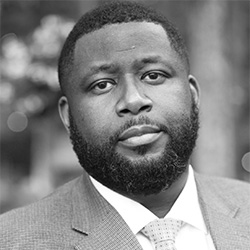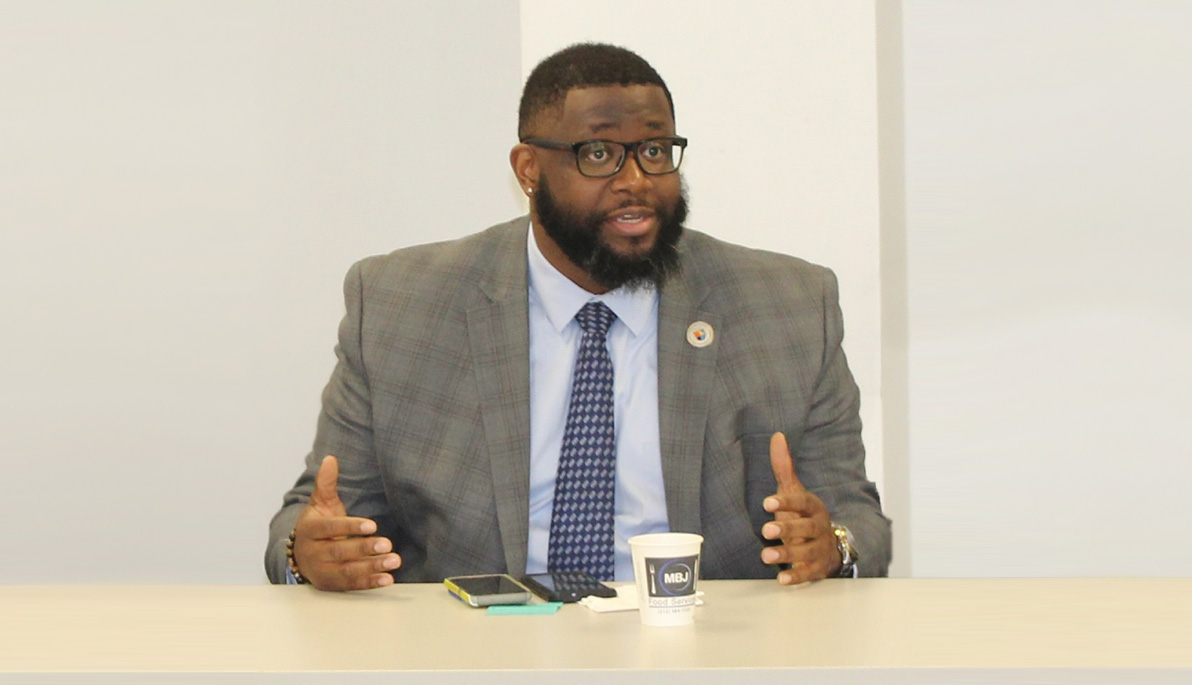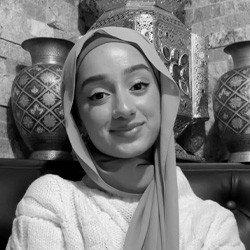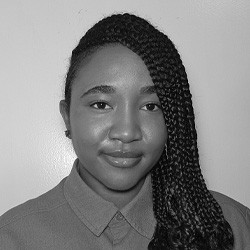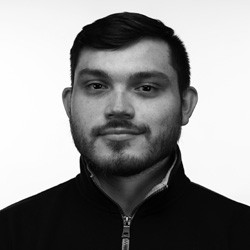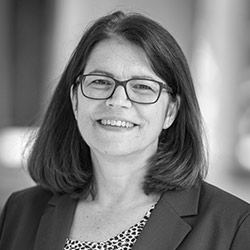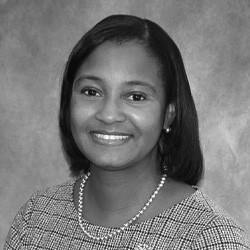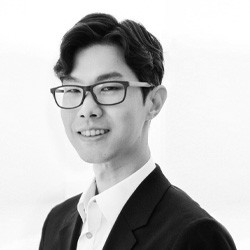Creating a Road Map for Student Success
As vice president of student engagement at Guttman Community College, Charles Pryor II (B.T. ’00, M.P.S. ’05) has many responsibilities. His day-to-day tasks vary, from conducting meetings with staff regarding programming and budgets to ensuring student concerns are met at the institution. Pryor believes his experience at New York Tech equipped him for his current role. He spoke to The Box to discuss what led him to a career in higher education, the ways he’s paying it forward for Black people and people of color in education, and why representation matters now more than ever.
Why did you choose a career in higher education?
As a child, I was inquisitive regarding technology and the science behind it. At New York Tech, I was able to connect with mentors who gave me access to student leadership opportunities, internships, and jobs at the college and in the surrounding area. These experiences helped me to shift my gears to the social sciences/education field.
Did you always want to pursue a career in higher ed?
Originally, I wanted to work in technology. [At New York Tech], I became involved in campus life. This connection helped me to get plugged into jobs on campus and employment in the surrounding area. I was able to work in student activities, recreation on campus, and with the Urban League of Long Island in Central Islip as an afterschool math/life skills tutor and summer program teacher. These roles led me to switch to education and helped me to see a trajectory in the field.
Why does representation matter in your field?
It is directly tied to student outcomes and campus culture. When students see representation in the leadership and the teachers on their campuses, they immediately can feel more connected and supported. Students perform better at institutions where the administrative and professor demographics are more closely aligned with their own identity.
The field needs more professionals from underrepresented groups to improve success rates for students of color. Additionally, representation helps to ‘tell the full story.’ Students need professionals who can connect with their journeys, help to coach, and encourage them. When you see leaders who look like you or come from your neighborhood, it empowers you!
What can people, brands, and institutions do to amplify Black professionals in your field?
Center the voices of staff members [who are] Black, indigenous, and people of color (BIPOC). Students feel more comfortable and connected to people in leadership. There is a plethora of literature that proves that students from underrepresented communities are more successful when the leaders and teachers at their schools are diverse and their identities are celebrated.
What are some of the ways you’re paying it forward to black people and people of color in your profession?
I always make myself available for community engagements through community boards and committees. I often speak to church groups on the college application process and how to fund your child’s education. Also, in my spare time, I coach boys basketball for a few AAU [Amateur Athletic Union] programs in Westchester, Rockland, and Central Islip. On my campus, I work with younger professionals and create leadership opportunities for their development and growth. I mentor and work with young women and men regularly, especially those in student leadership roles like student government or peer mentoring. I make my office available to them and make sure they know my door is always open.
What advice do you have for incoming students at New York Tech?
Get involved and stay connected to the faculty, staff, and friends you make in college. My best friends from college are more like brothers and sisters to me—my daughters call them aunt and uncle. The faculty in both of my [degree] programs helped me to see the practical applications of the work and how to apply it to things I do today. While I am not currently working as an engineer, I very often use the principles that I learned in that degree program in my work as an administrator, especially the math skills. Last, and certainly not least, without the student affairs staff, I wouldn’t enjoy the career I do today. So many opportunities were available to me and my classmates because of the leadership there. I will be forever thankful.
You have interesting path to New York Tech. Can you tell us about it?
I was 16 years old, and my mother didn’t give me much of a choice. She connected with the administration and decided that’s where I was going. It was one of the best decisions she made for me.
